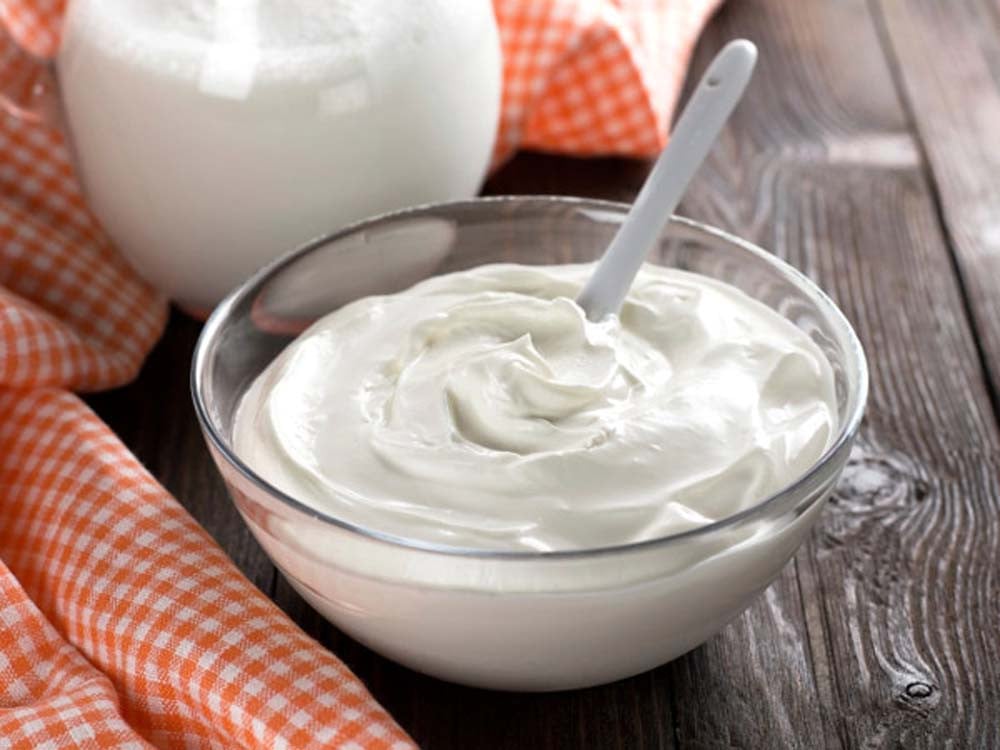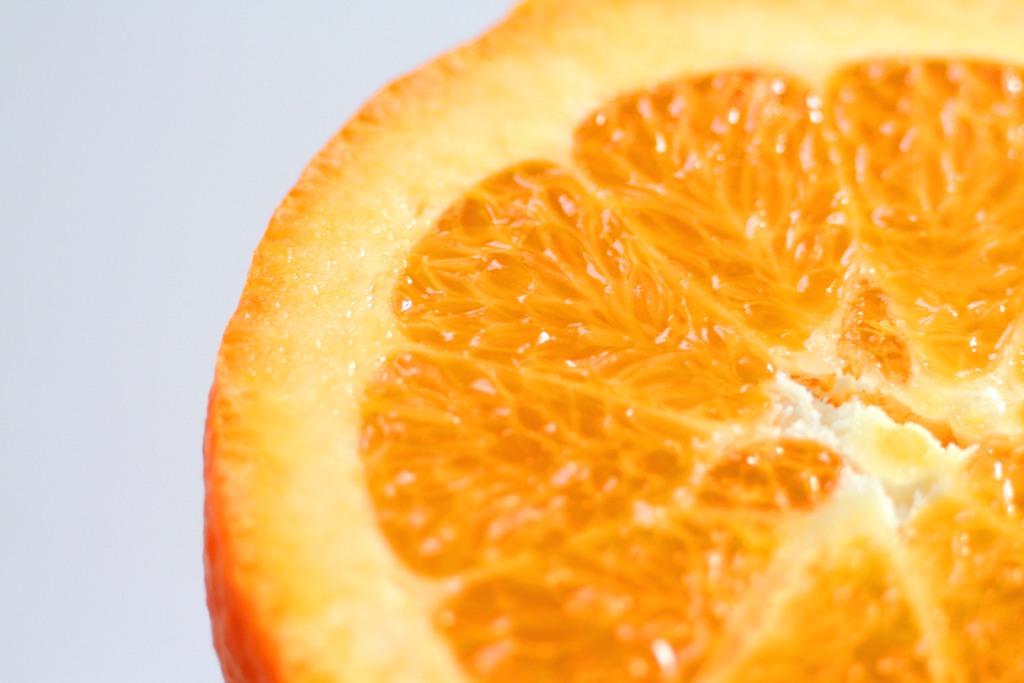The mental health of new mothers can be significantly impacted by the emotional upheaval that often accompanies childbirth. While the experience can be overwhelmingly joyful, it can also trigger postpartum depression—a condition that many women face but often hesitate to discuss due to societal stigma.
Positive shifts in diet and lifestyle can play a crucial role in managing anxiety and depression. By adopting holistic approaches, mothers can improve their physical and mental health, making this transitional phase more manageable.
The following five food and lifestyle recommendations can support emotional well-being.
1. Consume More Nutrient-Dense Foods
Omega-3 Fatty Acids in Diet

These nutrients are especially beneficial during the postpartum period, aiding neurological function and emotional regulation. Foods rich in omega-3s, such as walnuts, flaxseeds, salmon, and sardines, can help reduce inflammation and foster emotional wellness.
Whole Foods
Packed with vitamins, minerals, and antioxidants, whole foods like fruits and vegetables are essential for maintaining blood sugar levels and mental stability.
2. Improve Gut Health
Include Fermented Foods in Diets

Incorporating fermented foods like yogurt and kimchi can significantly benefit your gut health. Probiotics from these foods promote healthy gut bacteria, which are linked to better brain function and overall well-being.
Prebiotic Foods

Foods like oats and bananas intentionally promote the growth of beneficial gut bacteria, which can help alleviate stress and anxiety, leading to enhanced mental health.
Eliminate Processed Foods
Processed foods often contain sugars and harmful preservatives that can disrupt gut health. Reducing processed food intake can promote better digestive health and stabilize emotions.
3. Have a Consistent Bedtime Routine
Create a Calm Environment

Minimizing light and noise creates a soothing atmosphere. A consistent sleep routine can help synchronize your body’s internal clock.
Relax Your Body
Engage in relaxing activities before bed, such as reading or gentle yoga, to prepare your body for a good night’s sleep.
4. Hydrate Frequently
Proper Hydration
Staying hydrated is crucial for energy retention and optimal brain function, helping to enhance mood. Aim to drink at least 8-10 glasses of water daily for postpartum healing.
Balance Electrolytes

Consume hydrating foods like oranges, melons, celery, and cucumbers to maintain a robust electrolyte balance, promoting healing and boosting stamina.
Herbal Teas
Sipping herbal teas like chamomile or peppermint can soothe your body and assist with digestion, all while keeping you hydrated.
5. Prioritize Achievable Goals and Self-Care
Make Time for You
Dedicate time to activities that bring you joy, such as reading, creating art, or listening to music. These pursuits are essential for psychological and emotional health.
Define Doable Daily Tasks
Break down tasks into manageable segments to avoid feeling overwhelmed. Acknowledge even the smallest victories to boost your morale.
Establish Self-Love
Embrace the highs and lows of motherhood with self-compassion. Treating yourself with kindness is vital during this transformative time.
Holistic techniques can greatly assist in navigating the changes that come with postpartum life. However, it’s essential to consult with a healthcare professional before making significant lifestyle changes. Remember, addressing postpartum depression is crucial for both the mother’s well-being and the family’s overall health, and having open conversations about it can help reduce stigma and promote understanding.









COMMENTS
Comments are moderated and generally will be posted if they are on-topic and not abusive.
For more information, please see our Comments FAQ